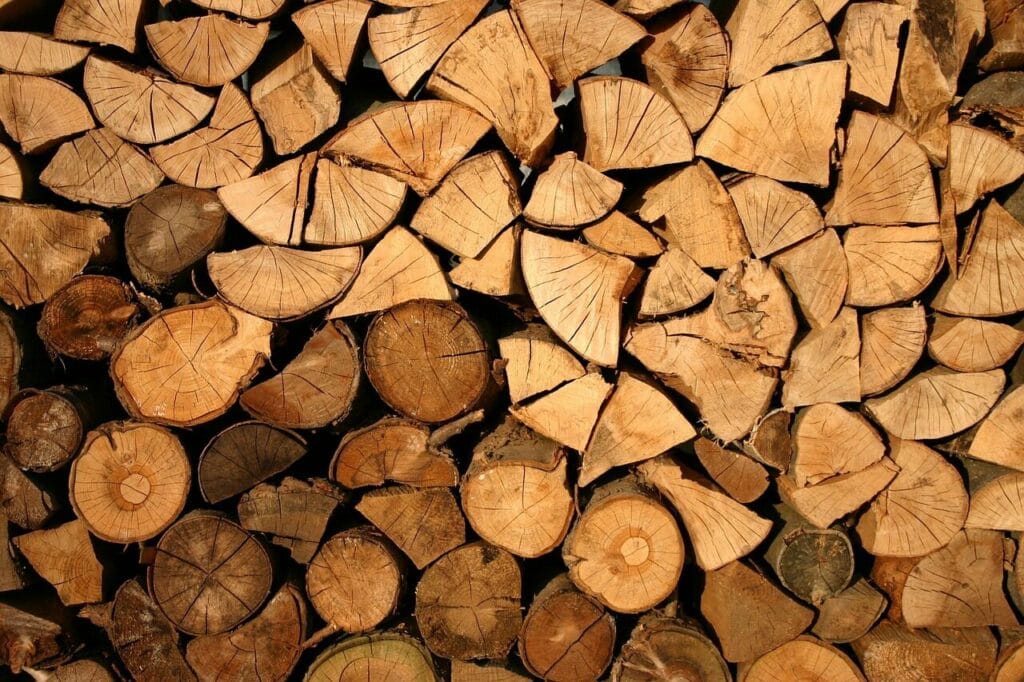British Columbia’s forestry sector is facing a critical moment as it grapples with the impact of a new 10% tariff imposed by U.S. President Donald Trump on Canadian softwood lumber. This move has escalated total duties to over 45%, prompting concerns about the future of mills across the province.
Premier David Eby, accompanied by industry and union representatives, has condemned the tariff as an “existential threat” to the vital mills that sustain families and communities. Urging for swift action from Ottawa, Eby calls for the release of over $1 billion in federal support earmarked for the sector and demands that lumber be a key priority in trade negotiations to safeguard jobs and livelihoods.
Softwood lumber is a cornerstone of B.C.’s exports, with the U.S. being its largest market. The sector generated approximately $4.5 billion in revenue from softwood exports to the U.S. in 2024, comprising a significant portion of the province’s total exports.
Amidst the escalating crisis, Gavin McGarrigle of Unifor emphasizes that the forestry industry has been struggling for years but is now at a critical juncture. Leaders like Scott Lunny from United Steelworkers stress that the tariff increase has far-reaching implications beyond just numbers, impacting real people, families, and entire communities that rely on the industry for their livelihoods.
The potential closure or downsizing of B.C. mills could have cascading effects on local economies, affecting small businesses, schools, and communities in resource-driven towns across the province. The broader repercussions underscore the urgency for immediate action to mitigate the looming crisis.
In response to the challenges, the government is taking steps to support the industry, including deferring stumpage payments to provide financial relief for companies. Additionally, plans are underway for a targeted advertising campaign in the U.S. to highlight the disparities in tariffs between Canadian and Russian lumber.

